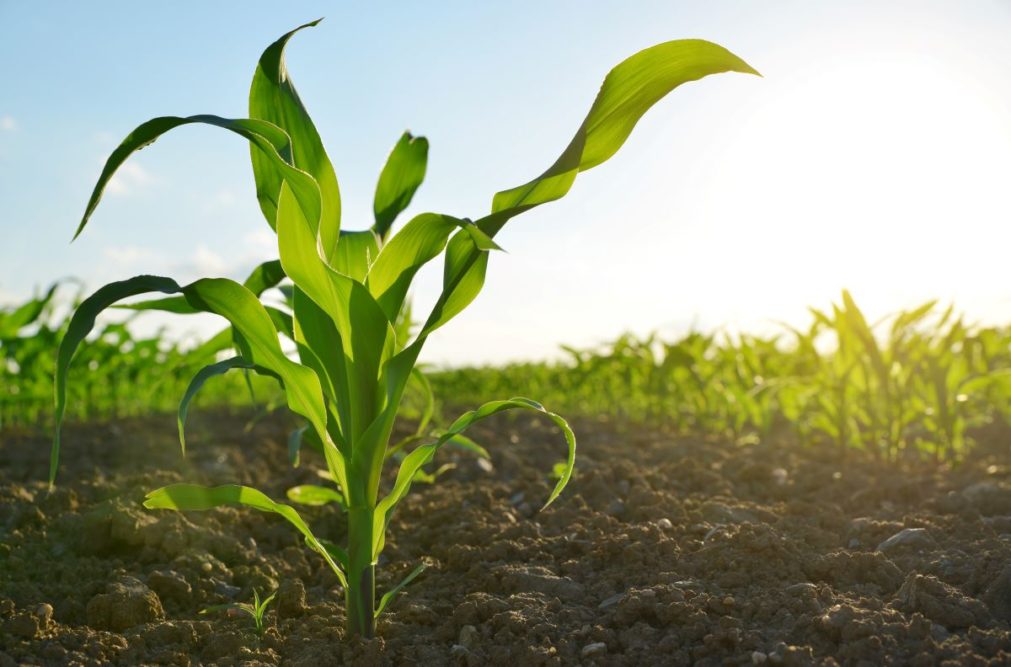SILVER SPRING, MD. — Organic corn, wheat and soybean prices have moved higher in the past eight months, but whether those markets stay bullish in the next year hinges on the effects of drought conditions in Argentina, Canada and the United States, as well as developments in Russia’s war on Ukraine, according to an April 2022 organic commodity outlook from Mercaris, a data mining and trading platform for the organic industry.
“A major element shaping the global agricultural outlook — as well as US organic markets — is the ongoing incursion of Russian military forces into Ukraine,” said Ryan Koory, vice president of economics at Mercaris. “In addition to impacting grain, fuel and fertilizer prices globally, this situation has created a tremendous amount of risk for US organic corn and oilseed imports throughout the next year. In addition to Ukrainian-Russian conflict, drought conditions in both Argentina and Canada could provide further restrictions on US imports.”
Drought conditions in Argentina and Canada will play a role in organic markets, Mercaris said. Argentina accounted for 15% of US imported organic oilseeds and their derivatives and 69% of US organic corn imports in 2020-21. In Canada, the drought risk mostly impacts organic wheat supplies as persistent drought conditions primarily are located across the prairies. Drought conditions affected 90% of agricultural land across the Canadian prairies, according to the Feb. 28 Canadian drought monitor.
Drought in the US Northern Plains also will play a major role in organic markets. In Montana, the largest organic wheat producing state, 87% of the land was under drought conditions, according to the March 29 US Drought Monitor data. If these conditions persist, 2022 is set to become the second consecutive year of reduced organic wheat production as a result.
Organic wheat production in 2021-22 reached 19.4 million bus, down 5% year-over-year, Mercaris estimated. The projected decline is based on lower production for organic other spring wheat and organic durum.
Organic other spring wheat production was estimated to be down 37% as a result of drought conditions severely reducing yields to the tune of 35%. Organic durum production was expected to decline 9% year-over-year following a 2% decrease in harvested acres, and a 7% decrease in yields.
Meanwhile, organic winter wheat production was seen expanding 14% year-over-year with a 7% increase in harvested area.
Feed demand for US organic wheat is expected to decline 5%, Mercaris said.
“In contrast to wheat, both organic corn and soybean production have expanded significantly,” Mr. Koory said. “Mercaris estimates that organic corn and soybean production increased 9% and 25% from the prior year, respectively, over the 2021 harvest. Despite the risk to imports, gains in US organic corn production are expected to push total US supplies higher. This is partly due to organic feed demand slowing over 2021-22 as higher organic feed prices trim industry expansion.”
US organic corn saw 4% increase in harvested area, 5% higher yields and a 9% year-over-year increase to 49.9 million bus for the 2021-22 marketing year. US organic whole and cracked corn imports are expected to increase 12% year over year, Mercaris said. And demand for organic corn for animal feed is expected to increase by 3% from the 2020-21 marketing year due to slowing organic poultry production and declining dairy cow inventories.
In the 2021-22 marketing year, organic soybean yields are estimated to have increased 5% with harvested area up 19% year-over-year, according to Mercaris. Both contributed to a 25% year-over-year gain in US organic soybean production to an estimated 10.4 million bus. Sharp declines in organic soybean meal imports are expected to continue. US organic soybean meal imports will decline 43% year over year, Mercaris estimated. Restricted organic soybean meal imports are expected to increase US organic soybean crush by 20%.
Organic soybean supplies are expected to contract over 2021-22 as the industry adjusts to the loss of large organic soybean meal imports from India. Mercaris estimated US organic soybean meal feed demand will decline 3% over 2021-22.





